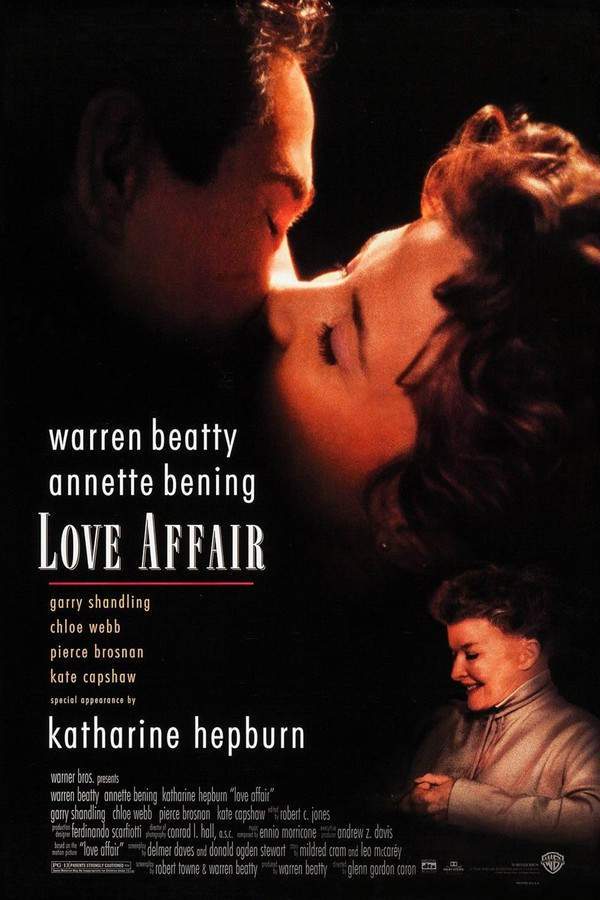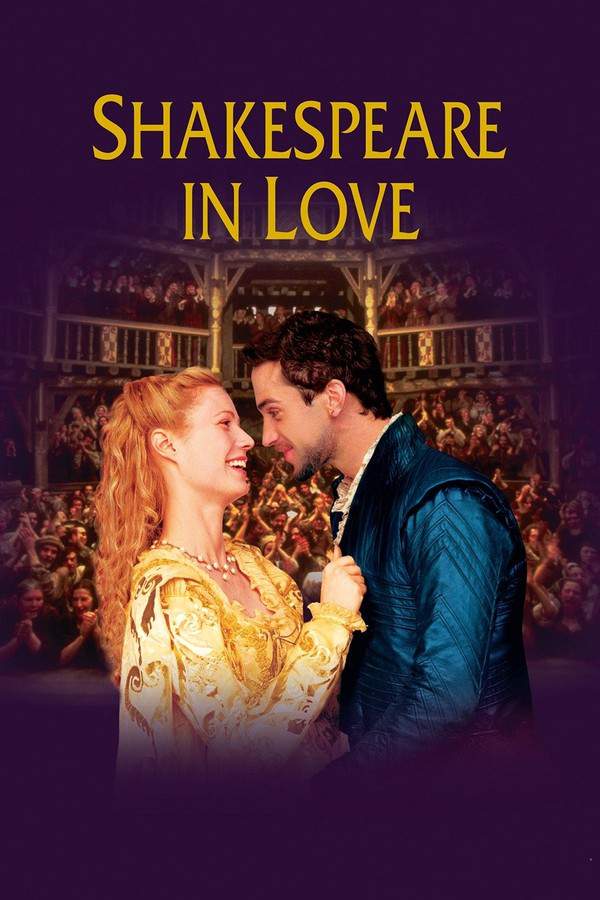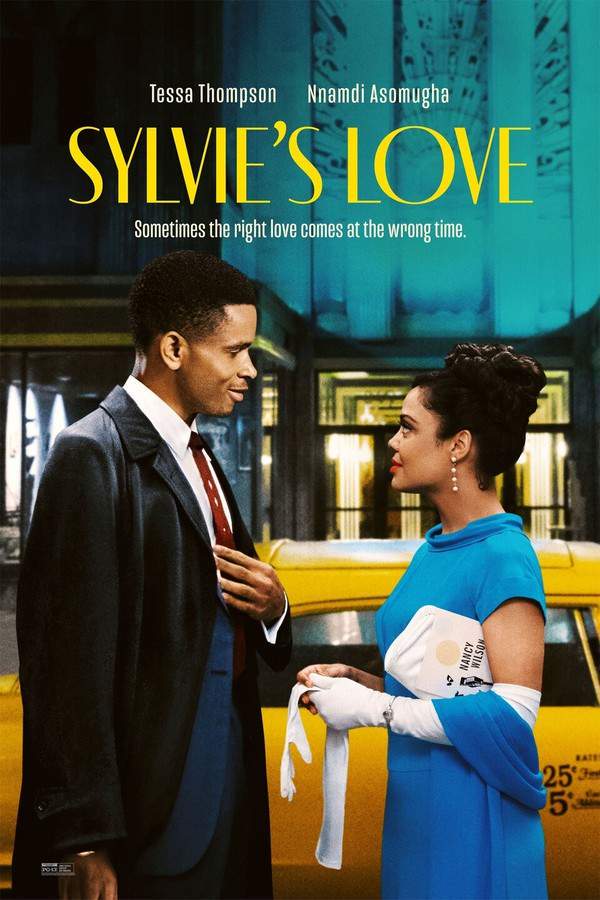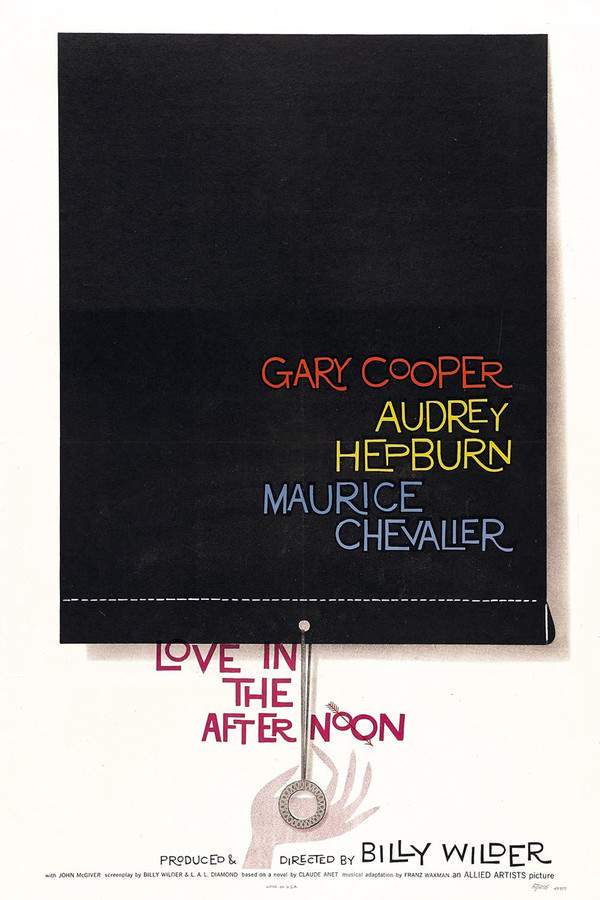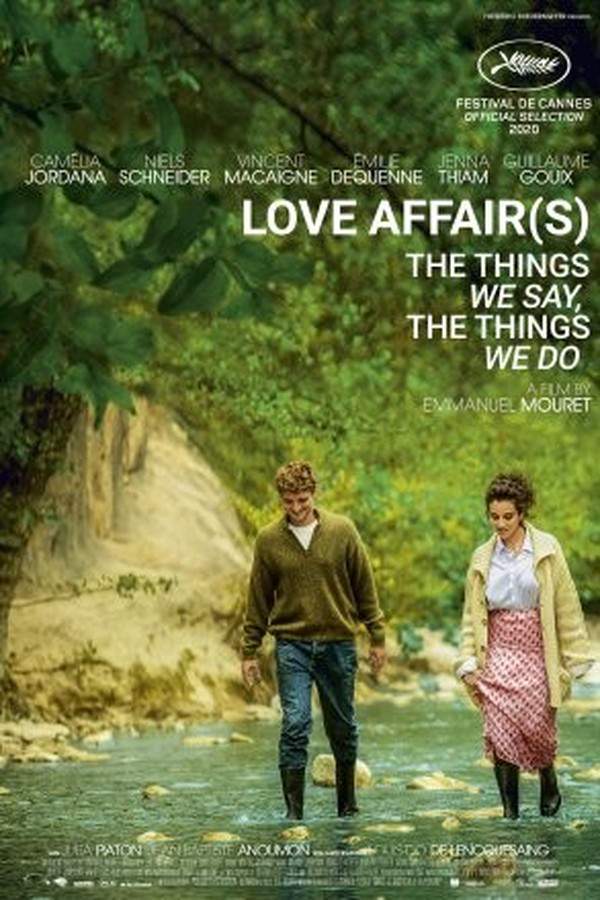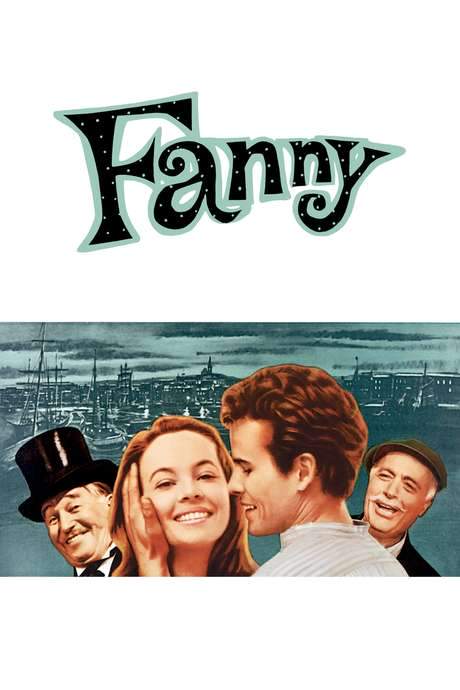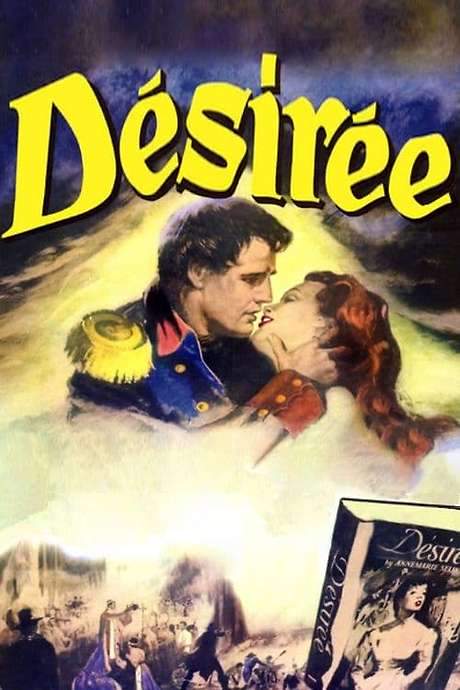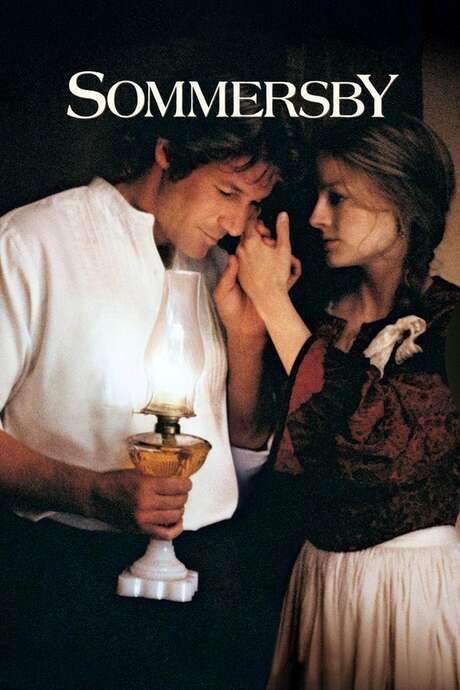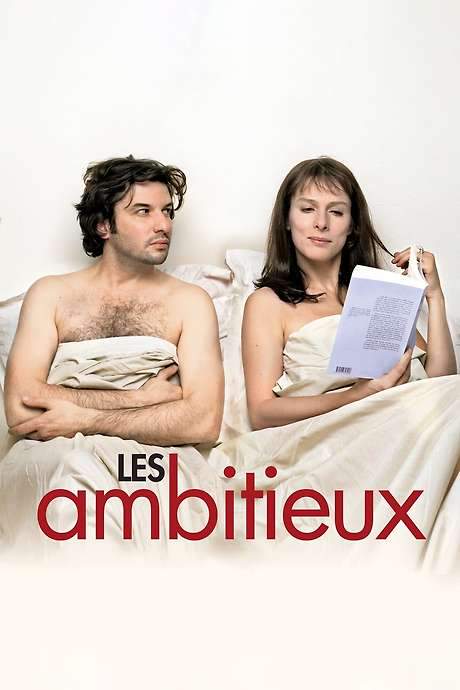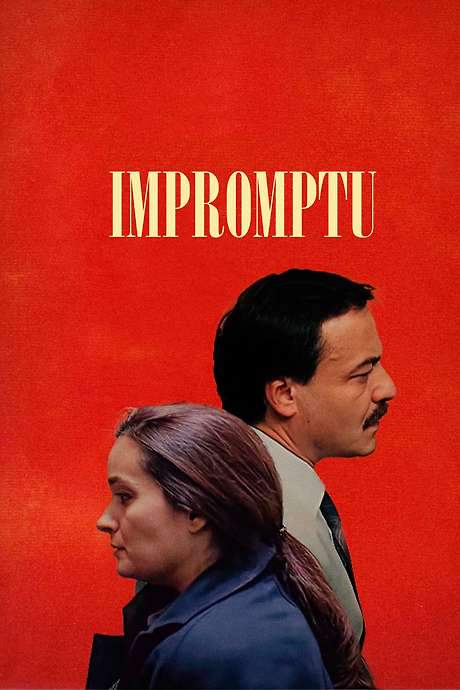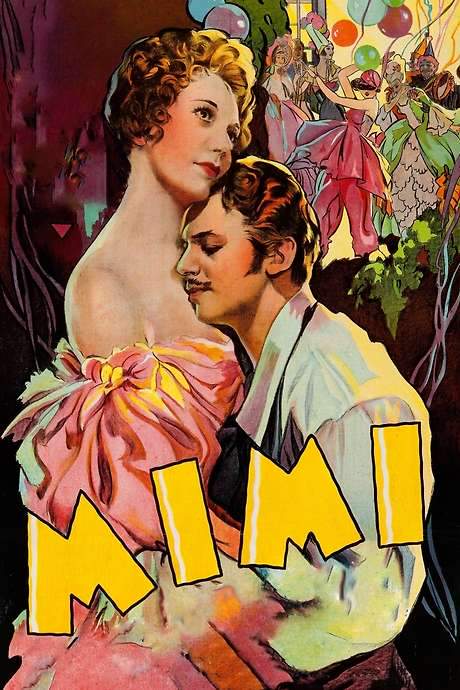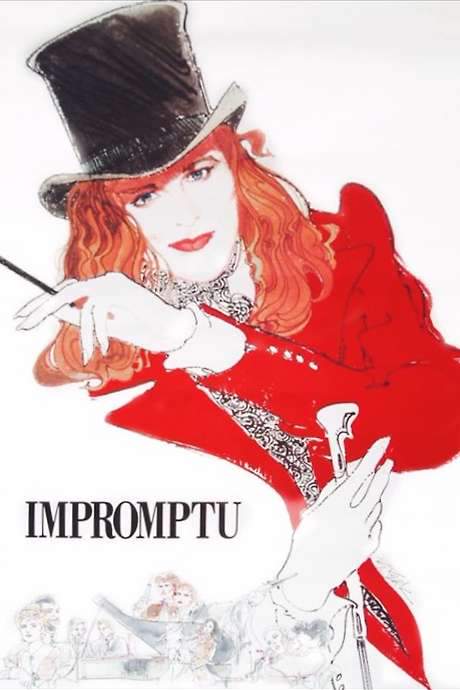
Impromptu
Year: 1991
Runtime: 107 mins
Language: English
Director: James Lapine
In 1830s France, renowned pianist and composer Frédéric Chopin becomes the object of affection of the determined, independent writer known as George Sand, a woman famed for her scandal‑defying lifestyle. Their budding romance pits artistic passion against societal expectations, charting the turbulent courtship that would shape both their lives.
Warning: spoilers below!
Haven’t seen Impromptu yet? This summary contains major spoilers. Bookmark the page, watch the movie, and come back for the full breakdown. If you're ready, scroll on and relive the story!
Impromptu (1991) – Full Plot Summary & Ending Explained
Read the complete plot breakdown of Impromptu (1991), including all key story events, major twists, and the ending explained in detail. Discover what really happened—and what it all means.
Baroness Amantine-Lucile-Aurore Dupin, Judy Davis known to the world by her pen name George Sand, has rebuilt her identity in Paris after divorce and the completion of her memoirs. A formidable, driven writer who defies convention, she often wears men’s clothing and moves through society with a bold, restless energy. Her latest fixation is Frédéric Chopin, Hugh Grant a brilliant but fragile composer whose music she has long admired. Sand’s unflinching passion for art and danger alike threads through every choice she makes, and her pursuit of Chopin becomes a test of endurance, nerve, and sincerity in a world that prizes appearances as much as talent.
Into this tense dynamic enters Countess Marie d’Agoult, the mistress of Frédanc Liszt, a shrewd observer who understands both Sand’s charm and the risks of chasing a frail heart. Bernadette Peters plays a woman who knows how jealousy can masquerade as care, and she counsels Sand to pursue Chopin with a strategy that mirrors the power of a traditional courtship: act like a pursuer, even when your target is reticent. Her influence will twist and turn the budding relationship in ways Sand neither anticipates nor fully controls, especially as d’Agoult’s own past with Liszt adds a sharp edge to every maneuver.
The story pivots around a house party at the country residence of the Duchess d’Antan, an aspiring socialite who dreams of staging a Parisian salon in the provinces. Emma Thompson embodies this host as she welcomes Chopin, Liszt, the witty writer Alfred de Musset, and the painter Eugène Delacroix into her world of glittering dinners and dazzling talk. The mood is buoyant but precarious: money is tight, yet the atmosphere is sustained by the sheer brilliance of the guests who must perform brilliantly at every meal to justify their presence. The duchess’s husband, the hunting-obsessed Duke D’Antan, is a foil to their refined ambitions, a stubborn chore of propriety who resents the social whirl his wife courts. Anton Rodgers captures a man torn between affection and appetite, between the traditional duties of land, kin, and estate and the intoxicating pull of Parisian cleverness.
Delacroix, the unscrupulous painter who can seduce with color and brush, lingers in the margins of the gathering. Ralph Brown plays him as both charm and threat, a man who knows the power of compulsion and portraiture alike. He is among those who listen to Sand and her circle with a mixture of awe and calculation, ready to use her presence as a subject or as a shield for his own ambitions. The party also includes two of Sand’s more troublesome old flames: de Musset, the sharp-witted but reckless writer, and Félicien Mallefille, her children’s tutor who arrives uninvited to the scene. Mandy Patinkin gives de Musset a vitality that keeps the talk lively, while Georges Corraface makes Mallefille’s persistence feel both earnest and a touch intrusive.
What begins as a lively, talent-filled gathering soon reveals fractures, as Sand’s boldness collides with d’Agoult’s calculated caution and Chopin’s delicate, fear-filled heart. A riding accident brings the guests into a moment of clumsy danger, and the duke’s gratitude toward the young Sand—disguised as service when she helps with the injured horse—shows the early mingling of stubborn pride and unexpected tenderness that will color every encounter to come. As Sand moves to secure Chopin’s attention, she adopts the courage of a man, while Chopin’s suspicions about being overwhelmed begin to surface. The two exchange a letter of longing, albeit one that is shrouded in misdirection: Sand’s ardor is real, but the letter is delivered—by d’Agoult—without Sand’s signature, a ruse that plants doubt and suspicion in Chopin’s mind.
The social dance intensifies when Sand, in a bold echo of her own audacity, appears in her husband’s clothes, a small rebellion that both amuses and irritates the other guests who have come to savor elegance, not trouble. Sand’s display of color—she literally dresses to echo the Polish flag in homage to Chopin—signals a deliberate bid for his attention, even as the other guests fidget at the spectacle. The party’s hospitality becomes a stage for social satire, as de Musset writes a short play that mocks the very aristocracy hosting the affair, a breach that Chopin protests even as laughter bubbles around the room. A prank—instigated by Sand’s children—leads to a fireplace explosion that injures the hosts and cements in everyone’s memory the perilous edge of their revelry. When the guests finally depart, the atmosphere is thick with both admiration and embarrassment, a mix of awe at talent and discomfort at excess.
A cruel rumor launched by d’Agoult—told to Chopin that Sand’s affection is tied to a money wager—casts Sand in a light of manipulative calculation that Chopin refuses to trust. He discovers a fragment of Sand’s phrase in a copy of her memoir, a detail that confirms d’Agoult’s treachery in his eyes and tempts him to retreat. Yet Sand insists that her strength—her resolve—will bolster his feeble body and guard his spirit, even as his fragile health makes him wary of surrendering his freedom to desire.
The duel that had once been a test of pride shifts in its outcome when Mallefille challenges Chopin and Sand intervenes with a fearless, even fatal, shot. The act is more than a remedy for a grudge; it becomes a declaration that love, when tested by danger, deserves a chance to heal. Sand nurses Chopin back to health, and the relationship between the two begins to warm in earnest, moving from battle to quiet, shared recovery.
If the turning point seems to hinge on the stubbornness of rivalries and the art that binds, the final arc makes it clear: Chopin’s Études are dedicated to d’Agoult, a decision that Liszt takes as a personal affront and a betrayal of the larger artistic circle. The friction among Chopin, Liszt, and Sand finally disperses as the pair retreat to Majorca for convalescence, away from Paris’s ceaseless competition. There, free from the eyes of the Parisian salon, they seek to reclaim their health, their art, and, just possibly, a private happiness that the world may never fully understand.
In the end, the film traces how two creators—one burdened by a fragile body and a fierce will, the other determined to bend the world to her own definition of greatness—must navigate love, reputation, and the price of brilliance. The story remains a portrait of a woman who refused to be confined, a man who offered beauty and vulnerability in equal measure, and a circle of friends and rivals who pushed one another toward art that might outlive them all.
Last Updated: October 09, 2025 at 14:22
Explore Movie Threads
Discover curated groups of movies connected by mood, themes, and story style. Browse collections built around emotion, atmosphere, and narrative focus to easily find films that match what you feel like watching right now.
Movies about scandalous artistic love affairs like Impromptu
Passionate, turbulent romances that clash genius with societal conventions.If you liked the passionate and defiant romance in Impromptu, explore more movies about famous artists and writers whose love lives defied convention. These films capture the bittersweet blend of creative genius and societal scorn, offering similar sophisticated and romantic dramas.
Narrative Summary
These narratives follow brilliant, often controversial figures as they embark on love affairs that challenge the strictures of their time. The central conflict arises from the friction between personal desire and public expectation, charting a course of passionate highs and melancholic sacrifices.
Why These Movies?
They are grouped by their shared focus on a specific type of historical romance—one fueled by artistic genius and societal rebellion. The mood is consistently passionate, sophisticated, and bittersweet, with a steady pace that allows for deep character exploration amidst turbulent relationships.
Bittersweet historical romance movies like Impromptu
Elegant love stories where profound connection is tempered by poignant sacrifice.Find more films like Impromptu that deliver a sophisticated and emotionally resonant period romance. These movies feature compelling characters in elegant settings, whose love stories are deeply felt but ultimately tinged with a realistic, bittersweet poignancy.
Narrative Summary
The journey typically involves two strong-willed individuals from different worlds finding a deep, intellectual, and emotional bond. Their romance unfolds with sophistication and wit, but is persistently challenged by societal norms, past entanglements, or personal circumstances, leading to an ending that is fulfilling yet realistically complex.
Why These Movies?
They share a specific emotional mix: the earnestness of true romance balanced by the melancholy of real-world limitations. The pacing is steady, allowing the relationship to develop naturally, and the tone consistently blends witty, romantic moments with a underlying sense of poignant reality.
Unlock the Full Story of Impromptu
Don't stop at just watching — explore Impromptu in full detail. From the complete plot summary and scene-by-scene timeline to character breakdowns, thematic analysis, and a deep dive into the ending — every page helps you truly understand what Impromptu is all about. Plus, discover what's next after the movie.
Impromptu Timeline
Track the full timeline of Impromptu with every major event arranged chronologically. Perfect for decoding non-linear storytelling, flashbacks, or parallel narratives with a clear scene-by-scene breakdown.

Characters, Settings & Themes in Impromptu
Discover the characters, locations, and core themes that shape Impromptu. Get insights into symbolic elements, setting significance, and deeper narrative meaning — ideal for thematic analysis and movie breakdowns.

Impromptu Spoiler-Free Summary
Get a quick, spoiler-free overview of Impromptu that covers the main plot points and key details without revealing any major twists or spoilers. Perfect for those who want to know what to expect before diving in.

More About Impromptu
Visit What's After the Movie to explore more about Impromptu: box office results, cast and crew info, production details, post-credit scenes, and external links — all in one place for movie fans and researchers.

Similar Movies to Impromptu
Discover movies like Impromptu that share similar genres, themes, and storytelling elements. Whether you’re drawn to the atmosphere, character arcs, or plot structure, these curated recommendations will help you explore more films you’ll love.
Explore More About Movie Impromptu
Impromptu (1991) Scene-by-Scene Movie Timeline
Impromptu (1991) Movie Characters, Themes & Settings
Impromptu (1991) Spoiler-Free Summary & Key Flow
Movies Like Impromptu – Similar Titles You’ll Enjoy
Mademoiselle (2001) Spoiler-Packed Plot Recap
Chopin: Desire for Love (2002) Movie Recap & Themes
Not on the Lips (2003) Film Overview & Timeline
Ambitious (2006) Plot Summary & Ending Explained
An Impudent Girl (1985) Full Summary & Key Details
Impromptu (1988) Complete Plot Breakdown
Mimi (1935) Movie Recap & Themes
Up, Down, Fragile (1995) Full Movie Breakdown
The Impatient Maiden (1932) Full Summary & Key Details
The Children of the Century (1999) Film Overview & Timeline
A Woman of Paris: A Drama of Fate (1923) Ending Explained & Film Insights
Impetuous Youth (1926) Full Summary & Key Details
Indiscreet (1931) Detailed Story Recap
Paree, Paree (1934) Full Summary & Key Details
A Song to Remember (1945) Plot Summary & Ending Explained

